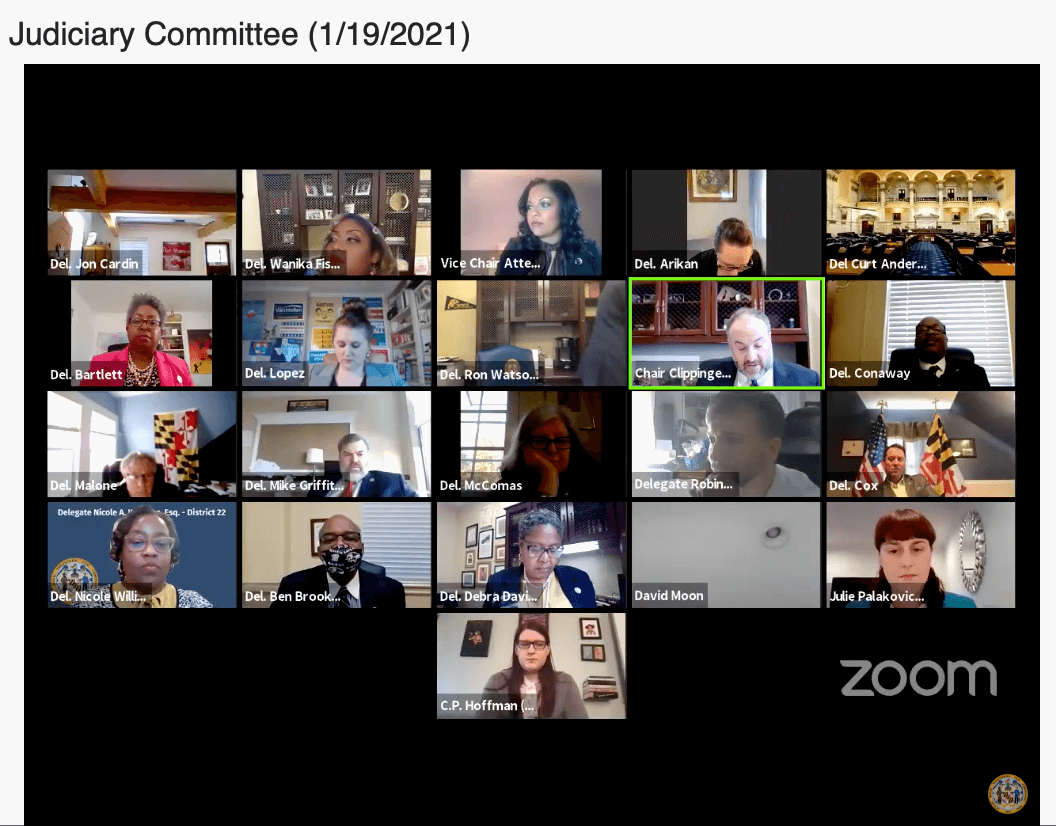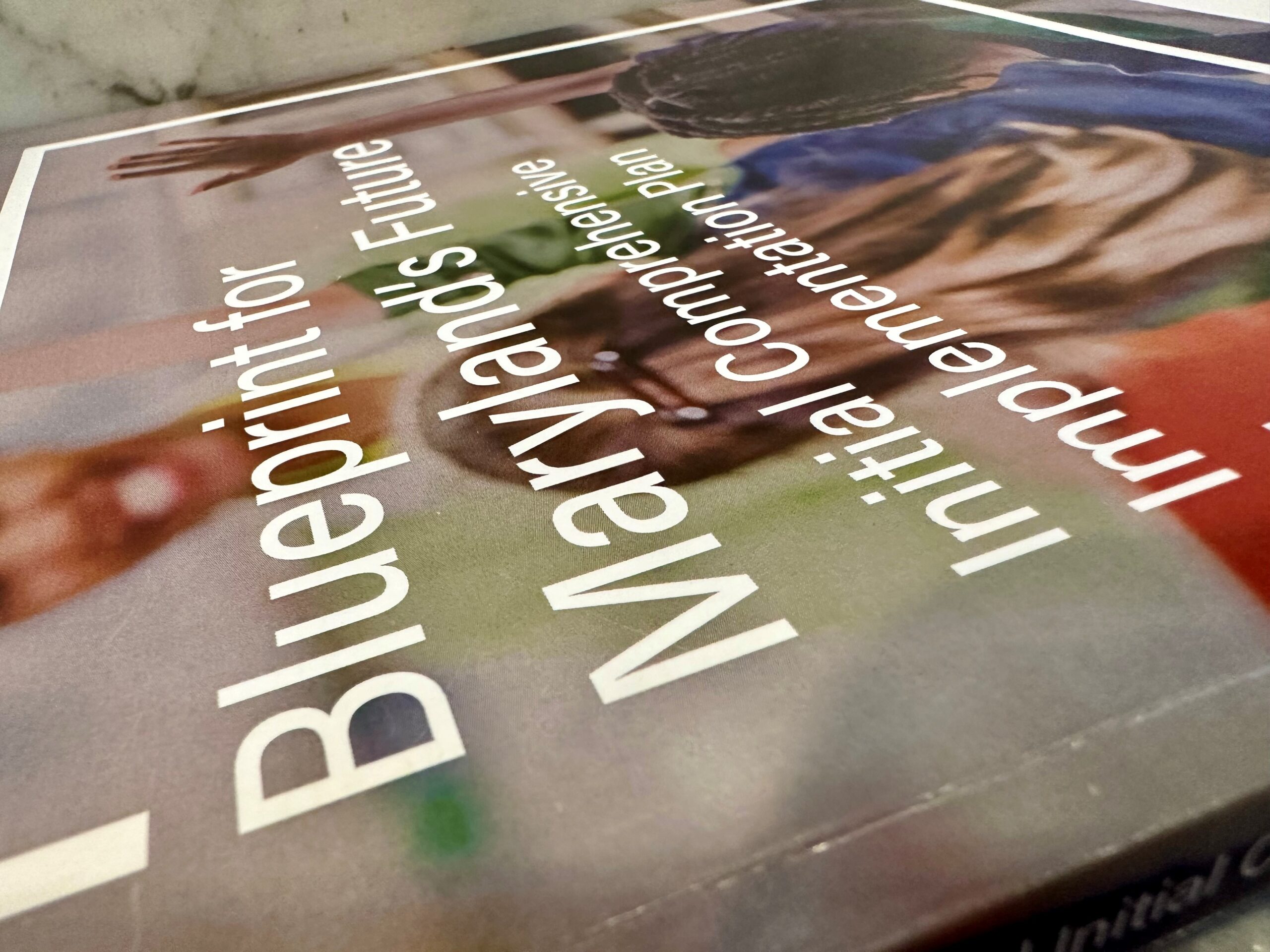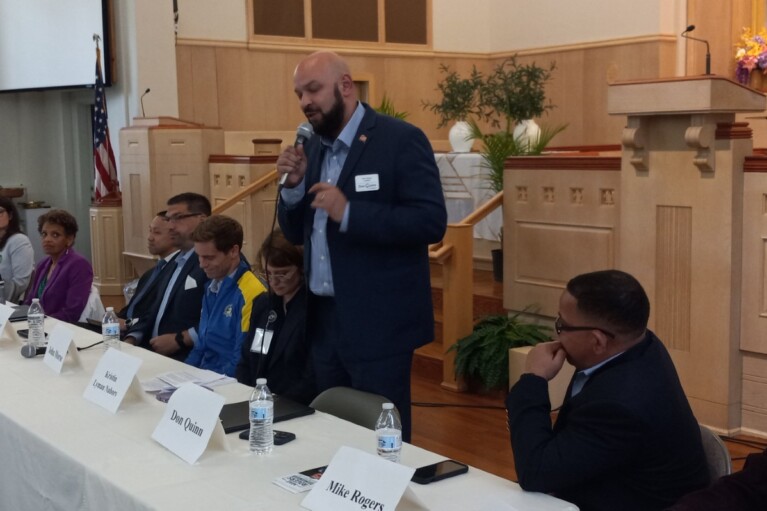Bill Would Eliminate ‘Panic’ Defense for Attacks on LGBTQ Individuals

The House Judiciary Committee heard virtual testimony this week in support of proposed legislation banning the so-called LGBTQ “panic” defense.
According the National LGBT Bar Association, one of many organizations and individuals testifying in support of the ban, the “gay/trans panic defense” is a legal strategy asking a jury to find that a crime victim’s sexual orientation, gender identity or gender expression caused the defendant to “panic” and react violently.
“We are leading an effort to ban this across the country,” D’Arcy Kemnitz, the association’s executive director, told the committee via Zoom, explaining it was “simply unacceptable” for LGBTQ people to be held responsible for their own assaults or murders when they were just “being themselves.”
The Washington Blade reported the Washington, D.C., City Council passed its version of the ban in December, positioning the District to join 11 states legally prohibiting this defense. Mayor Muriel E. Bowser (D) signed the bill on Jan. 11, and now it awaits congressional review.
Virginia is also considering similar legislation introduced this session by Del. Danica Roem (D), the first openly transgender person elected to a state legislature.
In Maryland, House Bill 231 was reintroduced this session by Del. Julie Palakovich Carr (D-Montgomery). Its companion, Senate Bill 46, is sponsored by Sen. Clarence K. Lam (D-Howard).
In 2020, an earlier version of the bill passed the full House in a near-unanimous 131-1 vote before dying in the Senate because the session was shortened due to the pandemic.
“This bill would prohibit the use of the ‘panic defense’ to mitigate certain violent crime charges in criminal court proceedings,” Palakovich Carr told the Judiciary Committee at this week’s hearing.
Merrick Moses Moise, a victim advocate in the Office of the State’s Attorney for Baltimore City, spoke of the 2014 murder of a Black trans woman in Baltimore. During the trial, her family and friends were further traumatized by the dehumanizing and transphobic language the public defender used to make it seem as though the victim’s gender identity led to the violence.
“I heard the testimony from Moises and I heard the real outrage that the defense in those cases was using the fact that this person was transgender as a reason they were killed or assaulted,” House Judiciary Committee Chair Luke H. Clippinger (D-Baltimore City) said in an interview after the hearing. “That is wrong and should not be allowed to happen.”
FreeState Justice Legal Director CP Hoffman told the committee that LGBTQ Marylanders experience violence at rates higher than other groups, particularly those identifying as transgender or as people of color.
Jaime Grace Alexander, the legislative outreach coordinator for the ACLU of Maryland, and Sasha Buchert, a senior attorney at Lambda Legal, also gave testimony about the particular fears trans women of color face as violent crime victims.
“This issue is deep reaching, though its highest consequences are for people like me, Black trans women,” Alexander said. “Who stand the most to lose from outing and other phobic violence.”
The Maryland Legislative Latino Caucus submitted written testimony in support of the ban, citing 2019 FBI hate crime statistics indicating an increase in “anti-Latino” crime and pointing out the intersectionality of LGBTQ with other identities, which can increase a community’s vulnerability to violent crime and difficulties in seeking equal justice.
“The LGBTQ community, people of color, immigrants and anyone who identifies with more than one of these communities seeks impartiality and an equal application of the law,” the group wrote. “The legislature must remedy this injustice.”
Maryland Attorney General Brian E. Frosh’s office and the office of the State’s Attorney for Baltimore City Marilyn J. Mosby (D) also submitted letters in support of banning the “panic” defense.
“By fully or partially acquitting the perpetrators of crimes against LGBTQ+ victims, this defense implies that LGBTQ+ lives are worth less than others,” Mosby’s letter stated. She added this legislation “will ensure that some of our most marginalized and at risk residents know we support them.”
Both Clippinger and Judiciary Committee Vice Chair Vanessa Atterbeary (D-Howard) support the bill with Atterbeary saying, “I supported Delegate Palakovich Carr’s legislation to remove this ‘panic defense’ from our statute last legislative session and I intend to support the bill this legislative session.”
Clippinger, who is also a member of Maryland’s LGBT legislative caucus, said he would like to move this bill through the House quickly and “get it across the street a little faster” to the Senate for a vote this session.
“The fact that it passed the House last year puts it in a good place,” he said.
Over in the Senate, Lam sees it as a good sign that Frosh and Mosby support the bill, which he views as a civil rights issue most Marylanders are likely on board with.
“This is 2021,” he said. “It is time that we pass this bill.”
Philip Van Slooten is a contributing reporter for The Washington Blade.



 Creative Commons Attribution
Creative Commons Attribution